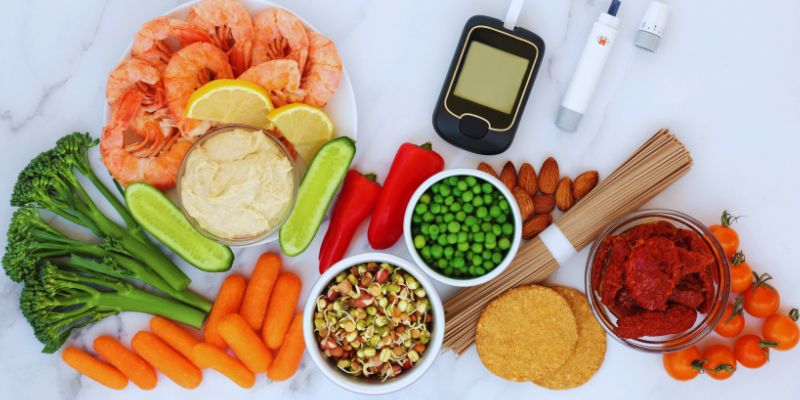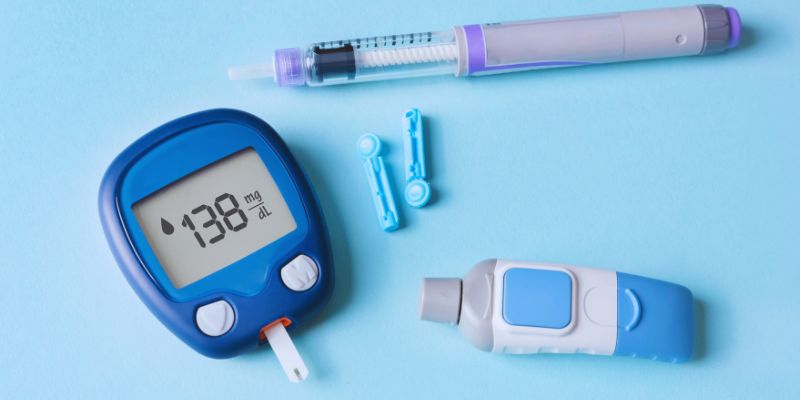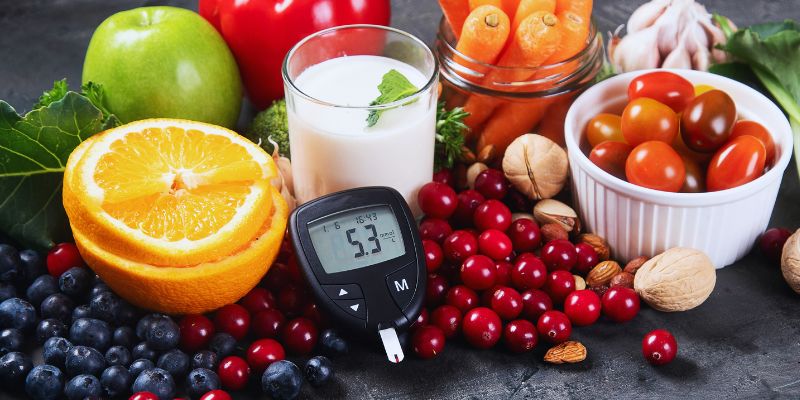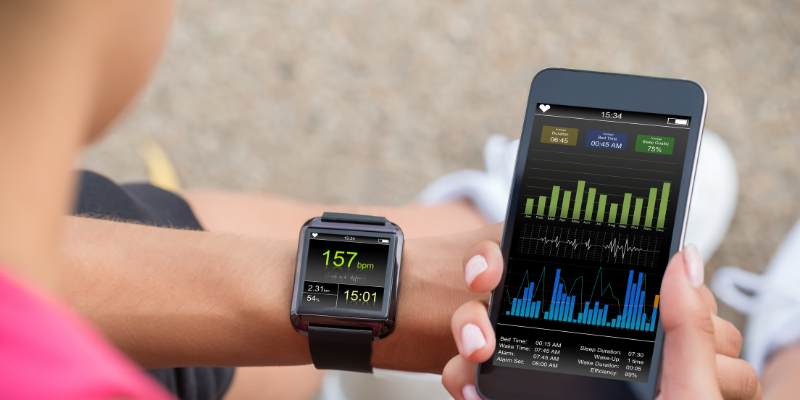In this age, when the risk of various diseases is at its peak, it is crucial to make the right food choices and adopt a healthy lifestyle to stay fit. Recent research indicates an important relationship between healthy food and lowered risk of diabetes. The data also provides evidence for this, showing that people who consumed plant-based and healthy foods had a much lower prevalence of diabetes.
If you are also afraid that you might get diabetes and are thinking about how to prevent diabetes, then changing your diet is the easiest solution. Add leafy greens, oatmeal, pumpkin and pumpkin seeds, seafood, extra virgin oils, and legumes to your diet. These foods are packed with beneficial nutrients and keep the blood sugar levels optimum. If you want to know more about these foods or how they lower the risk of diabetes, keep reading!

The Data Are In: Eat Right And Reduce Your Risk Of Diabetes
If you still can't believe that certain foods can prevent the risk of diabetes, you should read the statistics that show how people have successfully reduced the risk of diabetes just by their diet. PLoS Medicine described a study of more than twenty thousand people in the U.S. who participated in a health survey over twenty years. The professionals found that:
- People who consumed plant-based diets developed type 2 diabetes 20% less than those who didn’t consume them.
- People who had a much healthier diet containing vegetables, fruits, nuts, beans, and whole grains showed a reduction in developing diabetes up to 34%
- On the other hand, people who made fewer healthier food choices, ate refined grains, and drank sweetened sugary beverages developed diabetes 16% more than others.
You must note that this is not a study of vegans or people who followed an expensive and pre-packaged diet plan. It was all about normal dietary choices, varying from animal-based to plant-based diets. According to the USDA’s current dietary guidelines, everyone should incorporate healthy foods. For example:
- Half of your meal should include vegetables and fruits.
- A quarter of your meal should contain protein; the other quarter should have whole grains.
- Low-fat dairy products like low-fat milk and yogurt should be preferred over high-fat foods.
- Eat moderate calorie intake according to age, weight, gender, and physical activity.
This approach will help you avoid obesity, keep your body healthy, and reduce the risk of diabetes, cardiovascular diseases, and cancer. A recent Dietary Guidelines Advisory Committee study reported that a diet high in plant-based foods such as fruits, vegetables, whole grains, nuts, legumes, and seeds and lower in animal-based products is healthier and beneficial. These recommendations are put forward by professionals like nutritionists, doctors, and public health officers.

Foods to Reduce the Risk of Diabetes
Now that you know that modifying your diet can save you from diabetes, you might be wondering what foods prevent diabetes immediately, are most beneficial, and what you should eat. Broccoli, sprouts, seafood, oatmeal, legumes, pumpkin and pumpkin seeds, extra virgin oil, and many other foods have properties that prevent diabetes and have many other health benefits.
Broccoli and Broccoli Sprouts
When chopped or chewed, broccoli produces sulforaphane through a chemical reaction. It is a type of isothiocyanate with blood sugar-reducing properties. Research shows it has anti-diabetic effects by enhancing insulin sensitivity and balancing blood sugar levels. Broccoli sprouts are a good source of glucosinolates, like glucoraphanin. The compounds also promote insulin sensitivity and maintain sugar levels. You can eat it raw or steam it and add it to your diet to reduce the risk of diabetes.
Seafood
Seafood, such as fish and shellfish, is rich in protein, vitamins, minerals, healthy fats, and antioxidants that regulate blood sugar levels. Protein is important for blood sugar management. It slows digestion, prevents sugar spikes, and makes you feel full. It may also prevent overeating and promote excess fat loss. A high intake of fatty fish, including salmon and sardines, also improves blood sugar regulation. A study reveals that people who consumed fatty fish once a week had improvements in blood sugar levels.
Pumpkin and Pumpkin Seeds
Pumpkin is brightly colored and packed with antioxidants and fiber, which is great for blood sugar regulation. It is a traditional remedy for diabetes in many countries, such as Iran and Mexico. It is also high in polysaccharides, which also help prevent diabetes. If you don’t like eating pumpkin as it is, you can also use its extracts and powders, which have the same benefits as the whole pumpkin. On the other hand, pumpkin seeds are also rich in healthy fats and proteins, making them a good choice for blood sugar regulation.
Extra Virgin Olive Oil
Olive oil is rich in antioxidants, which protect cells from damage, and monounsaturated fats, which protect against diabetes and other diseases and improve overall health. According to research, diets rich in olive oil decrease the risk of type 2 diabetes and improve glucose metabolism. Furthermore, it reduces inflammation, a prominent factor in insulin resistance. Adding extra virgin olive oil also lowers the glycemic load, which helps regulate blood sugar levels.
Legumes and Oatmeal
Legumes such as lentils and beans are considered low glycemic index foods, which means they are absorbed and digested slowly and are less likely to increase blood sugar levels. Regular consumption of legumes for six weeks improves the markers of blood sugar control in your body. On the other hand, eating oats is also a good way to prevent diabetes as they contain beta-glucans, which are soluble fibers that not only reduce the likelihood of diabetes but also improve cholesterol levels and help you maintain body weight.
Conclusion:
You must have noticed the recent rise in diseases, especially diabetes. Every other person near you is diabetic or at least pre-diabetic, and that is because of their lifestyle. We all must make some changes in our dietary habits. You heard it right: your dinner table is crucial in deciding your health and fitness, so you must choose your food wisely. The research and survey data say the same thing: individuals who eat healthy are less prone to diabetes, and you must add legumes, oatmeal, pumpkin, broccoli, and seafood to avoid diabetes. So what else are you waiting for? Make these foods a part of your dinner, and stay healthy!












